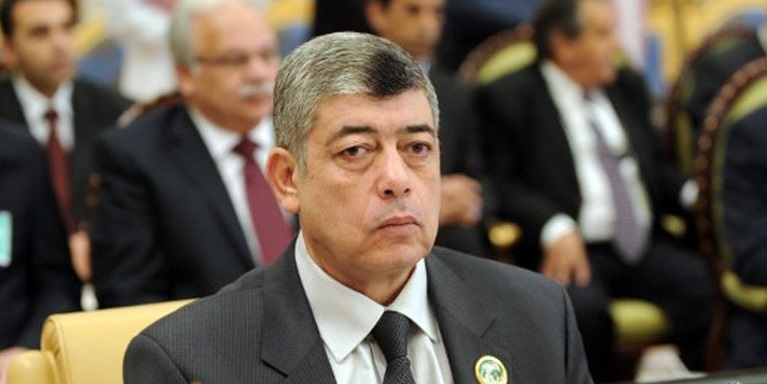CAIRO: A number of human rights organizations and Nubian activists have joined lawyer Shehata Mohamed in the lawsuit he filed through the Administrative Court questioning the legality of Saudi mogul Al-Walid Bin Talal’s ownership contract of 100,000 feddans in Toshka, Upper Egypt.
They say the contract stipulates that Talal can obtain seeds without the supervision of Egyptian authorities; can hire foreign labor force that would be immediately granted work permits; can cultivate whatever crops he chooses; isn’t bound to a deadline to start cultivating the land; and can export any or all produce to anywhere outside of Egypt.
They also claim that the contract does not require the prince to pay taxes to the Egyptian government.
“The contract violates Egyptian laws concerning investments in land properties in the desert. And it can be considered major treason, as those who agreed on it sold vast lands on the southern borders of the country at a very low price and have no control over it,” Mohamed said at a press conference Tuesday where he spoke about the lawsuit.
The Egyptian Center for Housing Rights, the Earth Center for Human Rights and the Budgetary and Human Rights Observatory said they will join Mohamed in his appeal against Talal’s “unfair and iniquitous contract with the Egyptian government through which [Talal] enjoys unprecedented advantages while the Egyptian state and its people get nothing in return.”
“The contract violates [Law no. 143 of 1981], which specifies a maximum of five years for cultivating desert lands sold to investors which shouldn’t exceed 50,000 feddans for joint stock companies,” Mohamed said.
The contract also violates — according to Mohamed — Minister of Agriculture’s Decree no. 290 of 1990, which stipulates a maximum of three years for cultivating land plots in the desert which should be sold for LE 40 per feddan for plots without services and LE 100 per feddan for served areas.
The terms of the contract also allow Talal to obtain 2 percent of Egypt’s share of water from the Nile. And water can’t be cut, according to the contract, without expressed written approval from Talal provided one month in advance.
“The main aim is to steal Egyptian water and create a state inside the state,” said Manal Al-Tibi, executive director of the Egyptian Center for Housing Rights.
“We are demanding the annulment of the contract and criminally prosecuting those responsible,” Mohamed said. “Our case is against the Prime Minister and the Minister of Agriculture … [The case] isn’t a personal issue with Talal, nor is [the lawsuit being filed because of] his nationality.”
Toshka itself comprises an area of approximately 520,000 feddans. It was established as a national project in the 1990s with the aim that at least 450,000 feddans of this land would someday provide food security for Egypt.
Talal reportedly bought 100,000 feddans in Toshka for LE 50 per feddan. He was given an additional 128,000 feddans in Toshka as a “safety belt” to “protect” the land already allocated to him in the deal. To date, Talal has only cultivated 1,000 feddans of the 228,000 feddans he currently owns.
The contract also allows Talal, in case of a dispute, to refer to international arbitration. However, Mohamed believes that in this case, the three judges should be Arabic speakers and that the court case should be held in Egypt according to the International Chamber of Commerce’s laws — even though Egypt isn’t obliged to enforce these.
A number of Nubian activists joined Mohamed in his appeal, citing their “right as original inhabitants of the land in its ownership.”
“We demand the annulment of this contract for the sake of Egypt,” said Solieman Nour, the head of the Nubian Toshka Association.
According to Al-Tibi, 13,000 Nubian families were expelled from Toshka to free up the land for investment. She also stated that there is currently a general policy in place that effectively bans Nubians from owning land there.
The lawsuit against Talal’s land contract was triggered, according to Mohamed, by the successful outcome of the Madinaty land contract case. In the Madinaty case, the court ruled that the housing ministry’s New Urban Communities Authority broke the law when it sold land directly to a land development group instead of subjecting the land contract to open bidding.
The first session for Mohamed’s lawsuit will be held at the Administrative Court on Oct. 26.



